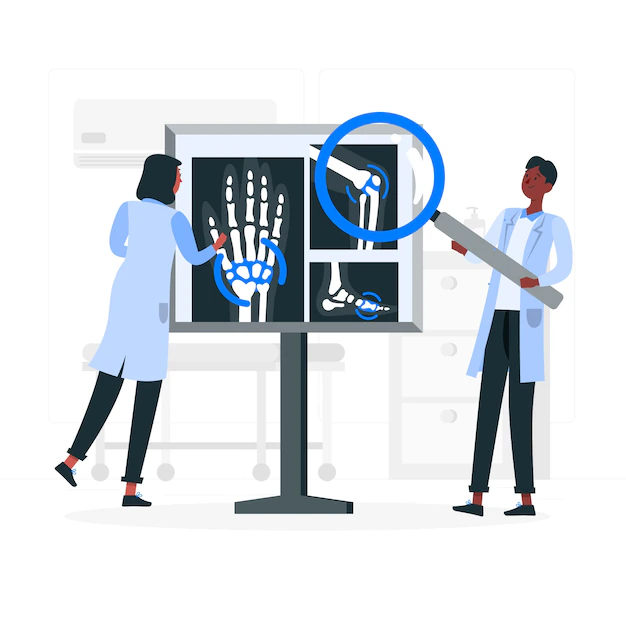How to Find the Most Suitable Orthopaedic Surgeon
Orthopedic surgery is a significant treatment. So, finding the right surgeon is key to a successful recovery. For joint pain, sports injuries, or other musculoskeletal issues, finding a highly experienced and professional expert is vital. Below are criteria to guide you to an appropriate surgeon to guarantee the best care and results.
-
Credentials and Qualifications
The first thing you would want to ensure is their qualification—be it anorthopaedic surgeon in Melbourne or anywhere else. And when talking about orthopedic surgery, it is at least eight to ten years in training.
For this, one can first look at whether they have gone through medical school, followed by residency in orthopedic surgery. Suppose you found that your chosen surgeon met those criteria. They were also board-certified and met all the basic requirements. In that case, that indeed makes your surgeon a perfect choice.
Certification means that they will pursue self-learning after passing all training and exams. They must also update themselves on advances in their fields. So, these boards of surgeons are continually improving their skills.
-
Experience and Specialization
Experience is the most critical factor for good results. This is true, as most orthopedic surgeries are complex or delicate. Consider how many years they have been practicing and how many procedures they have performed in their specialty.
Most orthopedic surgeons specialize in specific areas. These include knee replacements, hip surgeries, sports injuries, spine surgery, and hand and wrist disorders. In rare cases, like a torn rotator cuff or arthritis needing a joint replacement, the surgeon must have extensive experience with similar cases.
For one thing, seasoned specialists are more capable of foreseeing complications and, hence, plan the line of treatment according to needs. Also, ask about their surgery success rates. Have they published studies or helped develop new techniques? Such work may prove their expertise.
-
Reputation and Reviews
Reputation is said to be the final yardstick that measures the reliability and skill of a surgeon. The reviews and testimonials of the patients will give an obvious idea of what one should expect from the surgeon.
Online reviews on health directories, forums, and clinic websites show their expertise, bedside manner, and patient satisfaction. While good reviews are promising, scour them for patterns in negative comments. An example could be repeated complaints about communication or scheduling, a red flag.
Also, consider word of mouth from friends and family; your general practitioner may offer some worthwhile recommendations. Those surgeons who enjoy an excellent reputation for professionalism, precision, and caring will provide satisfactory service.
-
Communication-Comfort Level
Good communication with your orthopedic surgeon is indispensable. It may mean the difference between a good and mediocre result of treatment. A good surgeon should explain your diagnosis and the treatment alternatives to you in detail and make sure you understand all the benefits and risks. They will encourage you to ask questions and address your concerns thoughtfully.
Note whether the surgeon is a good listener and if your preferences are considered. When you are confident and comfortable with your surgeon, it builds trust, guiding you through surgery and beyond. Note how the surgeon consults with you and shows empathy for your condition.
-
Accessibility and Location
Convenience and access are practical concerns that must be considered when selecting an orthopedic surgeon. An orthopaedic surgeon in Melbourne would likely be considered because the place is familiar and close to residential or work areas. A conveniently situated orthopedic surgeon is bound to ensure follow-up appointments and rehabilitative sessions, which are crucial to recovery, will not be a bother.
Again, one must check whether the surgeon is affiliated with hospitals or clinics boasting advanced medical technology. Infrastructure and assistant support are also relevant to the success rate of treatment. Accessibility refers to considering appointment availability, emergency support, and the receptiveness and friendliness of clinic staff.

